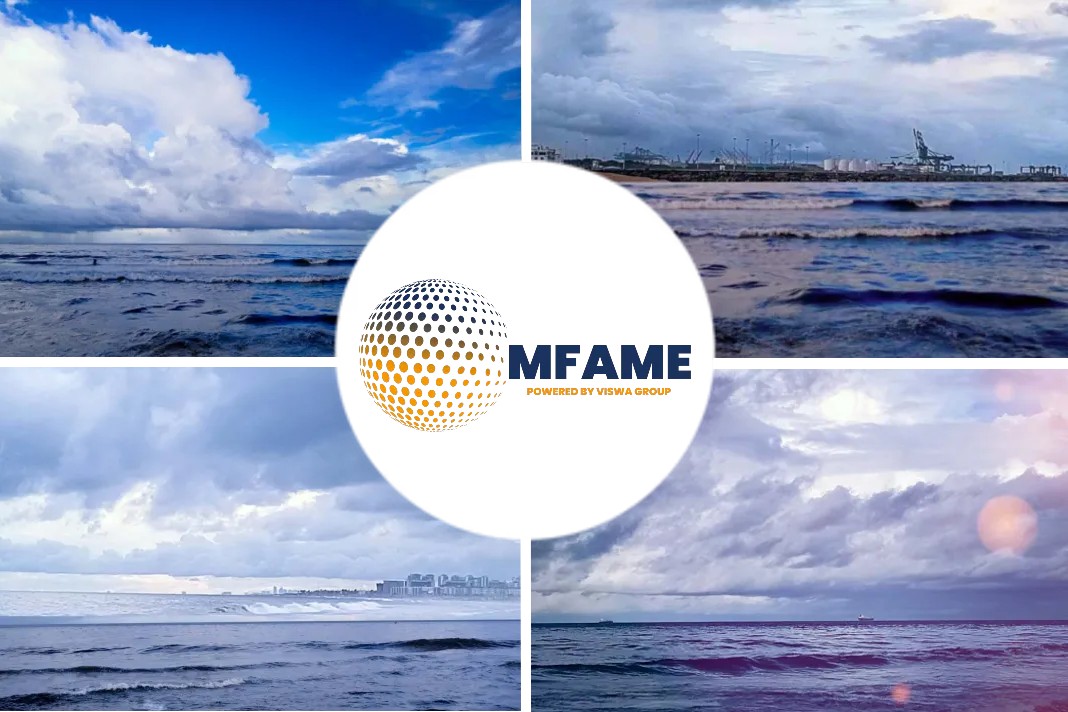- EC had announced new proposals to phase out Russian fossil fuels
- Kobrinets heads European Cooperation department in Russian foreign ministry
- Dutch TTF prices remain at high levels on concern of disruption
A recent news article published in the Platts states that Russia ready for ‘harsh confrontation’ with EU in energy sector: official.
Harsh confrontation
Russia is ready for a “harsh confrontation” with Europe in the energy sector warned Nikolai Kobrinets, director of European cooperation in Russia’s foreign ministry, speaking in an interview with Interfax March 12.
“Russia remains a reliable supplier, a world-class guarantor of energy security. We value this reputation, but are ready for a harsh confrontation in the energy sector, if the need arises,” Kobrinets told Interfax in an interview. “I believe, the European Union would not definitely profit from it, because we have a greater safety margin and stronger nerves.”
Phasing out Russian fossil fuels
Kobrinets’ remarks come after the European Commission announced March 11 proposals to “phase out” Russian fossil fuels by 2027, after leaders met in Versailles to coordinate further responses to Russia’s invasion of Ukraine. The EC had already outlined a plan to reduce EU demand for Russian gas by two-thirds by the end of 2022.
French President Emmanuel Macron also said “nothing is off the table” when it comes to potential new measures against Moscow, after being asked whether the EU could consider a more immediate ban on Russian oil and gas imports, or blocking Gazprombank from the SWIFT banking system. The EU’s move comes after the US and UK announced bans and phase-outs on the import of Russian oil and products, escalating the scale of sanctions targeting the Kremlin.
European storage sites
Day-ahead gas on the benchmark Dutch TTF hub was priced at Eur212/MWh on March 7, an all-time high and 230% higher than at the start of 2022, according to Platts price assessments by S&P Global Commodity Insights.
European storage sites were filled to just 77% of capacity last summer, and storage facilities were just 26% full as of March 8, according to data from Gas Infrastructure Europe.
“Global gas prices temporarily dislocated from day to day fundamentals to be almost entirely driven by the uncertainty surrounding future Russian supply,” said James Huckstepp, head of EMEA Gas Analytics at S&P Global Commodity Insights.
“Russian imports are at risk of further Western sanctions, retaliatory actions by Moscow or by physical disruption to Ukrainian transit infrastructure, but the gas is so far continuing to flow to Europe as normal.”
Did you subscribe to our daily Newsletter?
It’s Free! Click here to Subscribe
Source: Platts



























